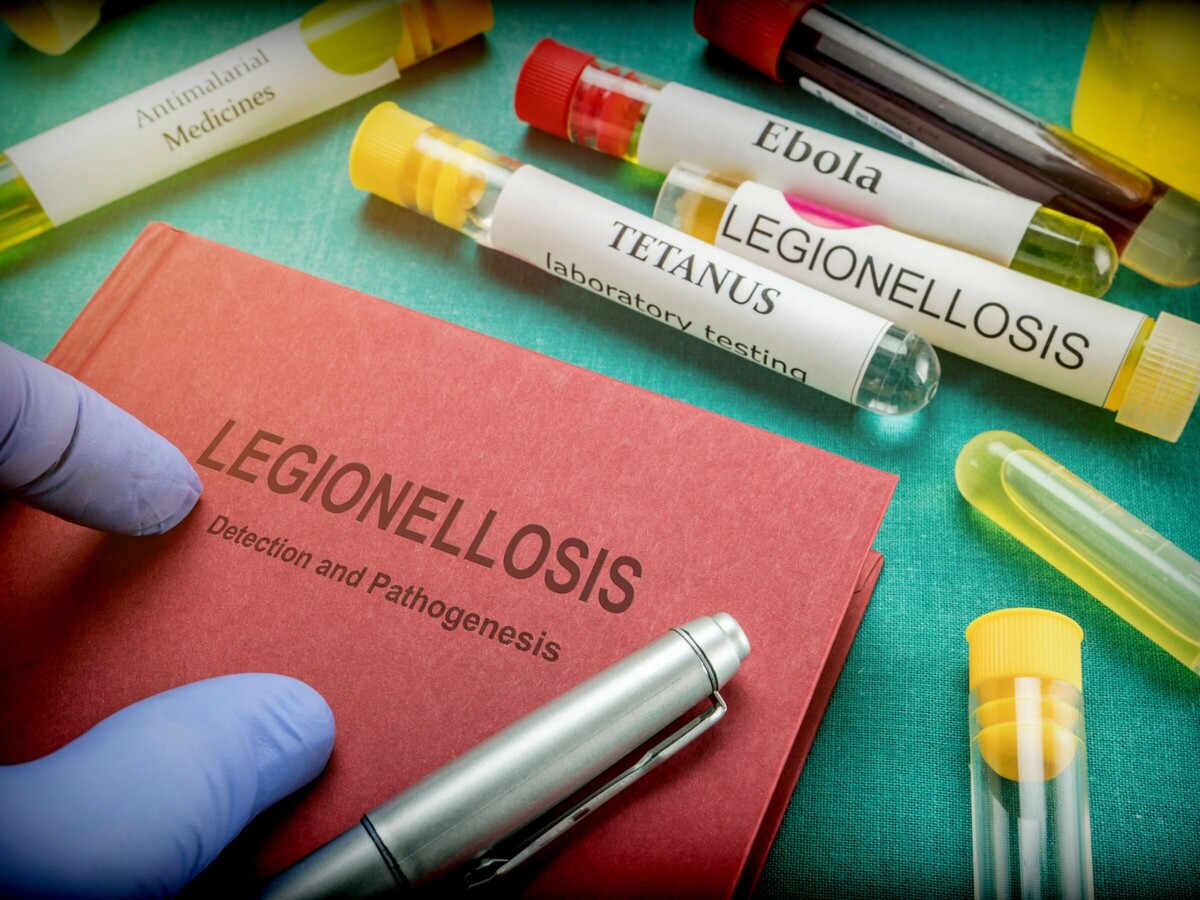Investigation Underway for Possible Cluster of Legionnaires’ Disease in Passaic and Bergen Counties
New Jersey Department of Health actively probes nine confirmed cases in Passaic County and one in Bergen County, encouraging immediate medical attention for symptomatic residents.
Passaic and Bergen Counties, NJ – A possible cluster of Legionnaires' disease cases has triggered an investigation by the New Jersey Department of Health (NJDOH) across the municipalities in Passaic and Bergen Counties. As of August 4, 2023, there have been nine confirmed cases and one additional case reported, all in neighboring municipalities.
Investigation and Timeline
The NJDOH is working closely with local health departments to investigate these cases and any potential sources of infection. The onset of symptoms for these cases occurred between May 27 and August 1, 2023, and reports were submitted to NJDOH between June 6 and August 4, 2023. An elevated number of reported cases in the same region last winter had not led to a common cause determination; however, the current investigation is still ongoing.
Early Diagnosis is Key
“Early diagnosis is key to effectively treating Legionnaires’ disease,” New Jersey Acting Health Commissioner Dr. Kaitlan Baston emphasized.
Warning of similarities in symptoms between Legionnaires' disease and other respiratory illnesses such as COVID-19 and flu, she added that individuals who develop pneumonia-like symptoms should seek immediate medical evaluation.
About Legionnaires' Disease
Legionnaires’ disease is a serious pneumonia caused by the Legionella bacteria. It is treatable with antibiotics but requires prompt medical attention. Symptoms include fever, chills, cough, shortness of breath, chest pain, muscle aches, and headaches.
Who is at Risk?
People over the age of 50, smokers, or those with certain medical conditions are at increased risk for Legionnaires’ disease if exposed. It's not transmissible from person to person but is contracted by breathing in aerosolized water containing Legionella bacteria.
NJDOH Recommendations and Reports
NJDOH receives approximately 250-375 reports of Legionnaires’ disease each year and collaborates with local health departments in investigations. Due to the incubation period of up to two weeks, those who develop symptoms within two weeks of visiting Passaic or Bergen counties are encouraged to seek medical attention.
Prevention and Remediation
Potential sources of the disease include cooling towers, hot tubs, cooling water misters, decorative fountains, and specific plumbing systems. Identifying the exact source can be challenging, but any potential sources found will be addressed to prevent further transmission.
For residents seeking further information on Legionnaires’ disease, the Department’s website provides Frequently Asked Questions and additional details.
By acting responsibly and seeking medical care when symptoms arise, residents can help in the early detection and treatment of this disease, as NJDOH continues its thorough investigation to safeguard the health of Passaic and Bergen Counties' communities.















